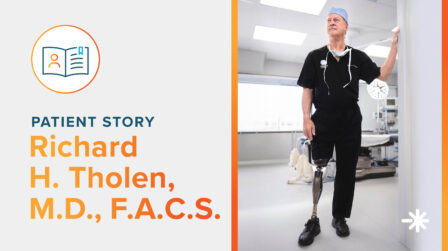Genetic Disorders
Any illness or disease caused by a change in a person’s genetic information or DNA.
Understanding Genetic Disorders
A genetic disorder is any illness or disease caused by a change in a person’s genetic information or DNA. There are many different genetic disorders that can be caused by changes to small or large parts of a person’s genes. Down syndrome, cystic fibrosis, Fragile X Syndrome, and muscular dystrophy are just a few of the 6,000 known genetic disorders.
Diagnosis and Presentation
A genetic disorder is diagnosed by a doctor through a combination of physical examination, personal medical history, family medical history, and genetic testing. They can present differently based on each patient and their type of disorder. For example, genetic disorders can cause:
- Delays in reaching childhood milestones
- Muscle weakness
- Changes to the brain that can affect balance, ability to walk, and overall bodily function
Treatment
The primary goal when treating a child with a genetic disorder is to improve their quality of life. This includes increasing their ability to walk and do other typical daily activities. Orthotic intervention, also known as bracing, may help stabilize a joint, support a limb, provide better joint alignment, or assist a weak muscle.
While ankle-foot orthoses (AFOs) are the most common orthosis (brace) prescribed for kids with genetic disorders, braces can be ordered for any body part, depending on the child’s needs.
Latest Updates
Subscribe to stay up-to-date on our latest posts.


